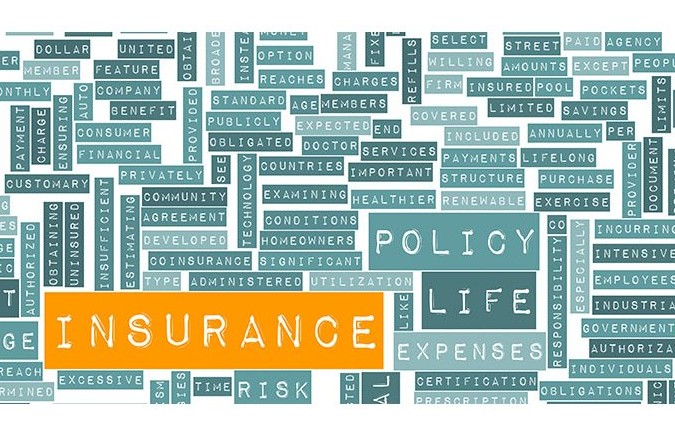When it comes to managing insurance policies, one of the key decisions policyholders might face is whether to pay their premiums in advance or make regular payments.
One reason why you may want to put your money in advance is the possibly unforeseeable changes in your financial situation later, such as the non-availability of funds during the due date of the premium payment and/or an attractive discount to incentivise pre-payment.
On second thought, you might also consider against making such advance payments. One reason what may deter you from making such an advance payment would be gaps in information on what is being offered and concerns related to refund and/or policy change during the prepaid period.
We posed 10 frequently asked questions to experts to help clear your doubts on advance payment of premiums.
1. What kind of discounts can I expect if I pay my insurance premiums in advance? Are these savings significant enough to justify the upfront payment?
For both health and life insurance, paying premiums in advance can offer certain discounts, often ranging from 2-5 per cent. These savings stem from the insurer’s ability to invest the lump sum received upfront, which reduces administrative costs and enhances cash flow.
Says Rakesh Goyal, director, Probus Insurance: “While the savings might not appear significant on smaller policies, for larger sums, the cumulative savings over time can justify the upfront payment, especially when coupled with the potential to lock in lower rates. However, this completely depends on the plan and the insurer you have opted for.”








